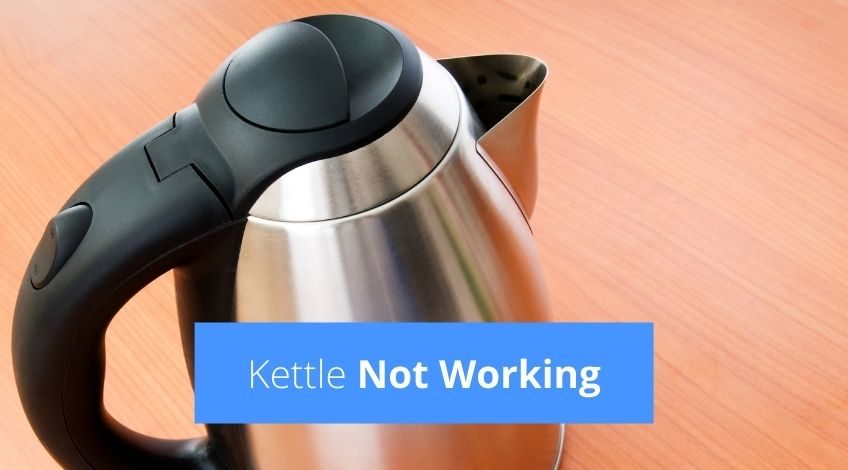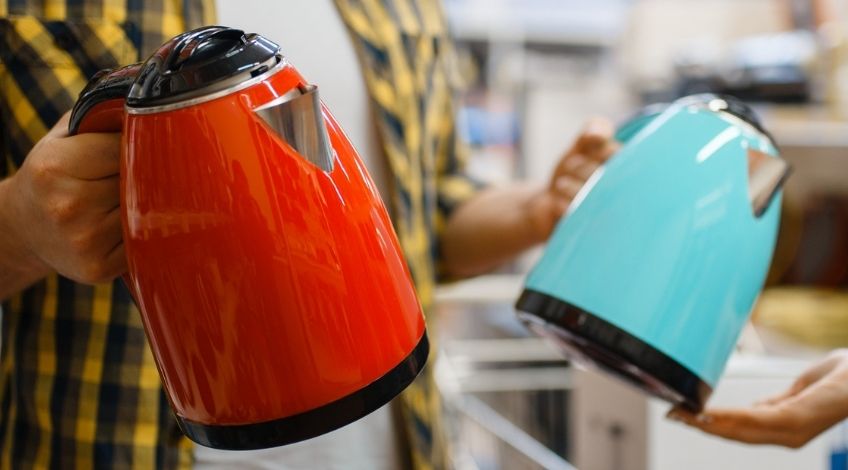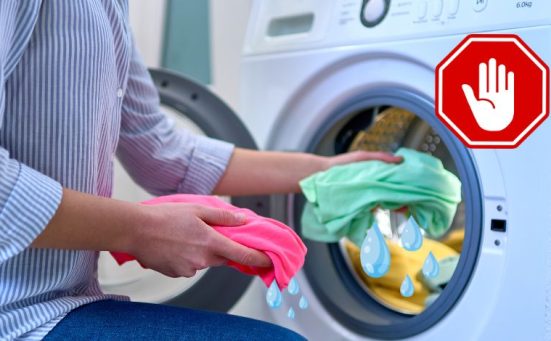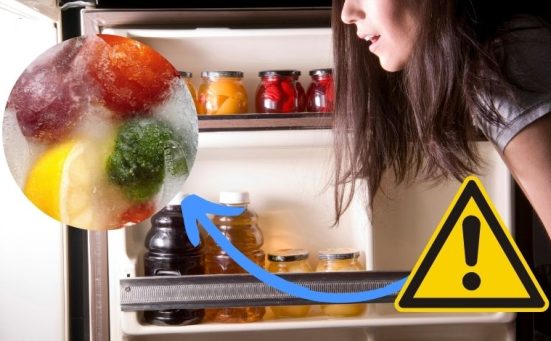
Kettle Not Working? (this might be why)
If you stop to think about it, the electric kettle is probably the most used kitchen appliance we own. So it’s no surprise that we often hear of electric kettles packing up. You can’t expect them to run every day without developing some sort of issue over time.
In this article we’ll explore the main reasons your electric kettle is not working and look at possible solutions. If your kettle has stopped working, you need to check whether the kettle is still covered under warranty before you start investigating any possible faults. As tampering with the internal workings of any electrical appliance could invalidate your warranty.
Safety First
Before investigating anything electrical, be sure to switch the power off and remove the plug from the socket.
Power Supply
This might sound obvious, but the first thing to check is whether the plug is connected to a socket and if the socket is switched on. If the power supply is connected and switched on try plugging a different appliance into that socket and see if it works OK.Then check if the kettle is sited on a level surface, finally check the fuse in the plug.
If all of the above are fine it’s time to look deeper into what could possibly be causing this problem.
Issues With The Lid
This is one of the most common electric kettle faults experienced in the UK. Lid issues include; the lid popping open just before the kettle reaches boiling point (and preventing it from boiling), difficulty opening the lid and in some cases the lid not opening at all. If you are experiencing problems with the lid of your kettle you can try one of the following;
- Seal Lubrication
The reason the lid might fail to open could be because it has become too tight. If this is the case once you remove the lid (wait for any water to cool sufficiently to be safe) apply some edible oil just around the inside rim. Use something like vegetable oil or olive oil, something that will not cause any problems if you accidentally ingest any. Don’t use WD40 or similar as this will leave a fowl taste to the boiled water. - Spring Replacement
If your kettle has a fixed lid that fails to open when you press the release button, it could be that the spring has failed. To replace the spring, detach the lid using the correct screwdriver, remove the old, worn spring and replace with a new spring. - Lid Popping Open Before Boiling
The most common cause of this problem is a build up of limescale around the rim of the kettle and in particular around the lid catch. Descale the kettle including the rim and lid catch to rectify this issue.
Limescale Build Up

As more than 60% of the UK has hard water, it’s no surprise that our kettles suffer from a build up of limescale. For those of you that don’t know what limescale is, it’s calcium deposits that are left behind after hard water is subjected to heating to the point of boiling. Limescale is easy to recognise, it’s a hard off-white, scaly buildup that clings to the sides, bottom and lid of your kettle. It is often found in the bottom of your tea and coffee cups too.
Limescale build up can cause a number of faults in an electric kettle including;
- Making your drinks taste “off”
- Coats the element which makes the kettle take longer to boil
- Use more energy
- Reduces the longevity of your kettle
- Prevents your kettle from boiling
- Prevents the kettle lid from closing properly
- Leaves deposits in tea and coffee cups
To remove limescale from your kettle you can use a proprietary descaler or follow our advice in our article on how to descale a kettle. Once the kettle is fully descaled, it is possible to slow the buildup of calcium by only using filtered water in your kettle. As any minerals that cause limescale to form are removed before the water enters the kettle.
You should also only boil as much water as you actually need and never leave any water in the kettle once you’ve finished using it.
Auto Cut-Off Issues
If your kettle develops this type of fault, switching on or off during use, it can be annoying and dangerous. Annoying because you can’t get the water to boil sufficiently to make your hot beverage, and dangerous because if the kettle turns itself on with no water it could cause a fire. There are two separate issues here, and both need addressing in different ways.
Kettle Boiling Continuously And Not Shutting Off
If the kettle doesn’t shut off, it could be caused by the lid not being completely shut. This will not allow a good enough build-up of steam which will in turn prevent the thermostat from activating the auto cut-off function. Check the lid seals correctly and that no steam escapes around the rim.
Another reason for the auto cut-off to malfunction is limescale build-up in the pipe that steam travels down to reach the thermostat. This is located within the kettle’s handle and is accessible from inside the area containing water. Look for a small hole near the top of the handle, if this is fully or partially blocked, remove any limescale and then run the kettle as normal. It should now shut off at the correct time.
Also be sure to not overfill the kettle with water as this can prevent it from reaching boiling point.
Kettle Randomly Switching On
This is a far more serious issue, because if there’s no water in the kettle it’s possible this could cause a fire. If you experience this problem, your kettle has developed a problem with the thermostat. Unplug the kettle and contact the company your kettle is under warranty with or call an engineer if it is out of warranty or replace with a new kettle.
Frequently Asked Questions
There are a number of reasons why your kettle isn’t boiling. It could be you have overfilled the kettle with water, it could be caused by a limescale build-up, a thermostat fault or the kettle is not sited on a level surface.
The life expectancy of an electric kettle is usually just after the warranty runs out. Between 12 to 24 months depending on make and model. But you could be fortunate and find that your kettle will last upwards of 5 years.
It is never OK to leave water in a kettle as this will result in limescale build-up which will shorten the life of your kettle.
Also, follow us on Pinterest ...



